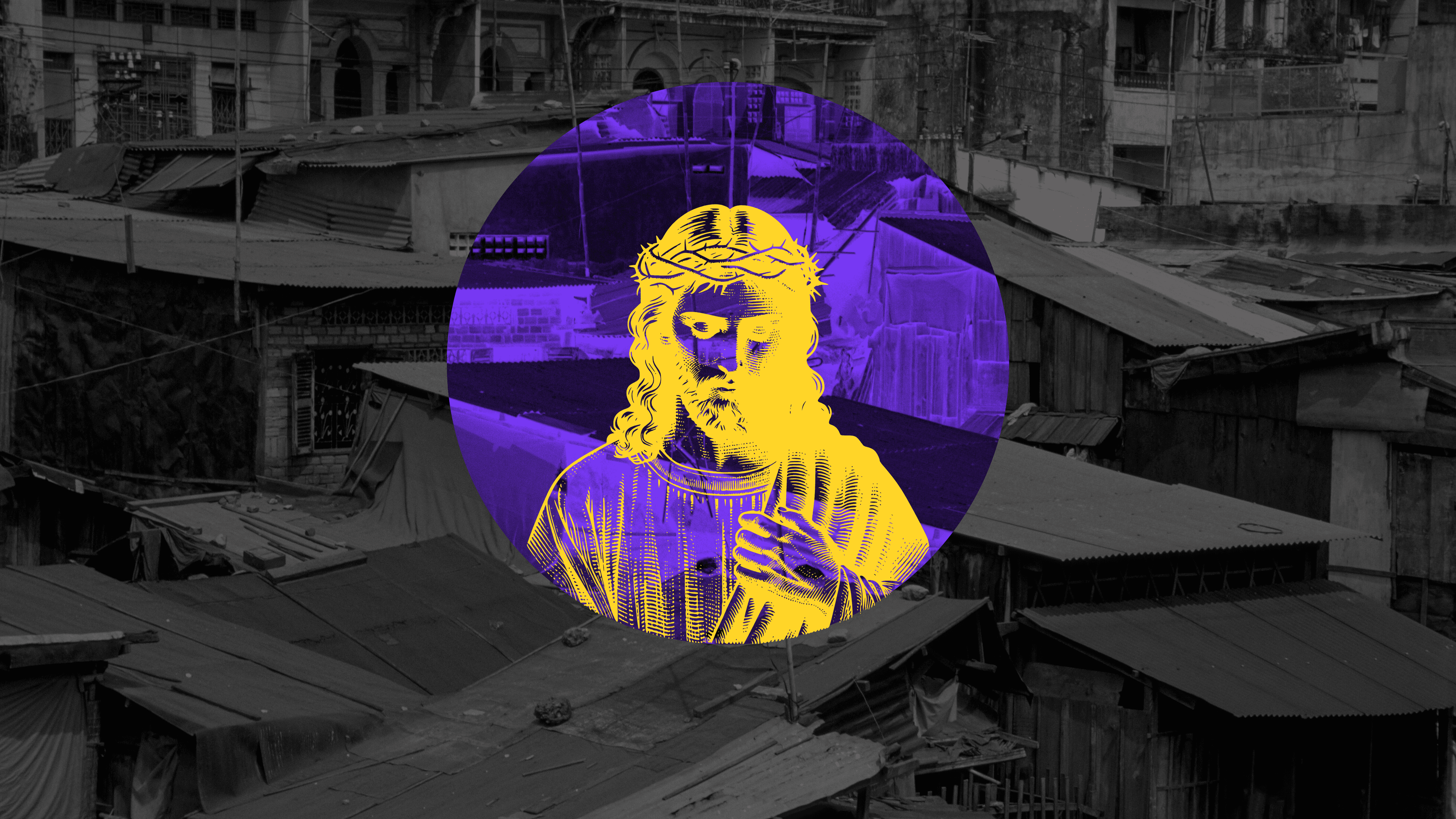In a Costa Rican society that is becoming more secular every year, the question about the relevance of the Bible is not only accurate, but necessary. Today, more than ever, we need to reflect on how the word of God can transform our lives and our nation. The story of King Josiah, told in 2 Kings 22-23, offers us a great example of the impact that the Word of God can have when it is rediscovered and obeyed.
1. The guide for a disoriented society
The transition to a secular society has brought with it a spiritual and moral void. According to 2021 studies prepared by the Center for Research and Political Studies (CIEP), Costa Rica, although predominantly Christian, shows a growth in the number of people who identify themselves as non-believers, approximately 27%. The same Study shows that 68.5% of the population professes to be Christian in a habitual sense, that is, Roman Catholic, Evangelical and traditional Protestant. However, is it consistent to think that this entire population has the Bible as their primary source of spiritual guidance? This raises another, more intriguing question: what is guiding the individual and collective decisions of Costa Ricans? When Josiah heard the Law, he realized how his people had lost their way. The Bible not only confronted him, but offered clear direction. Similarly, today the Bible can be a moral and spiritual map that helps us face modern dilemmas.
Highlighted quote:
"Similarly, today the Bible can be a moral and spiritual map that helps us face modern dilemmas."
2. King Josiah's reform.
Josiah became king of Judah at the age of eight after the death of his father, Amon. He reigned during a period of spiritual decline characterized by the idolatry of his people, in the midst of which, Josiah stood out for seeking the Lord and carrying out significant reforms.
In the 18th year of his reign, Josiah ordered the restoration of the temple. During the work, the high priest Hilkiah found the Book of the Law of the Lord, which had been lost. This discovery marked a turning point in his life and in the history of Judah.
“Then Hilkiah the high priest said to the secretary Shaphan, ‘I have found the Book of the Law in the temple of the Lord.’ And he gave it to Shaphan, who read it” (2 Kings 22:8, NIV).
And “When the king heard the words of the Book of the Law, he tore his clothes” (2 Kings 22:11, NIV) in repentance, recognizing how far God’s people were from His will.
After consulting the prophetess Huldah, Josiah understood that God’s judgment was upon Judah because of its disobedience. However, he also received the promise that God would have mercy during his reign because he had responded with humility. This led him to initiate a radical reform in Judah:
Elimination of idolatry: He tore down pagan altars, destroyed idolatrous images, and expelled priests who promoted practices contrary to God's Law (2 Kings 23:4-14).
Renewal of the covenant: He called all the people to renew their commitment to God and obey His word (2 Kings 23:1-3).
Reestablishment of worship: He celebrated the Passover, something that had not been done since the time of the judges, reaffirming the focus on true worship of God (2 Kings 23:21-23).
"There was no king before or after Josiah who, like him, turned to the Lord with all his heart, with all his soul, and with all his strength, thus fulfilling all the Law of Moses" (2 Kings 23:25, NIV).
The story of Josiah shows how the rediscovery of God's Word can bring about profound change in individuals and nations. Through his humble and obedient response, Josiah demonstrated the transformative power of Scripture when taken seriously.
Reflect on these questions:
How is God's Word influencing the decisions and values of society today?
What areas of our life or community need a spiritual reformation based on Scripture?
Are we responding to the Bible with the same urgency and commitment as Josiah?
Highlighted Quote:
"The story of Josiah shows how the rediscovery of God's Word can bring about profound change in individuals and nations."
3. A decision we cannot ignore
In a culture that values freedom, neutrality towards the Bible seems to be an attractive option. But is it possible to be neutral towards such a radical message? As C. S. Lewis said, “Christianity, if false, is of no importance; and if true, it is of infinite importance. The only thing it cannot be is moderately important.” (Lewis, 1952).
When Josiah discovered the Law, he could not remain indifferent. Reading the Bible leads us to a decision: obey it or reject it. Neutrality, in the end, is a form of rejection.
Highlighted quote:
"Reading the Bible leads us to a decision: obey it or reject it. Neutrality, in the end, is a form of rejection."
Conclusion
The Bible has the power to transform the lives of Costa Ricans because it offers guidance, restoration, and a clear call to action. Like Josiah, we are faced with a momentous decision. Rediscovering the Word not only impacts our present, but also our future as a society. In a world where there are so many voices and confusing directions, the Bible remains the voice that calls us toward the eternal.
Bibliography:
School of Political Science, University of Costa Rica (2021). Report of the study on ideological perceptions and political culture in Costa Rica: May 2021. Center for Research and Political Studies. Retrieved from https://ciep.ucr.ac.cr/wp-content/uploads/2021/07/Informe-del-estudio-sobre-percepciones-ideolo%CC%81gicas-y-cultura-poli%CC%81tica-en-Costa-Rica-mayo-2021.pdf
Lewis, C.S. (1952). Mere Christianity. HarperCollins.

